The 8th Five Year Plan contains various plans to meet a target of generating 10 percent of total electricity from renewable energy by 2025.
Greater involvement of the private sector is encouraged towards fulfilling the government's renewable energy policy in the document.
Considering the dwindling gas reserves in the country, the use of coal as an alternative fuel in power generation is not ruled out.
The document mentioned that the importance of the power sector is immense in the socio- economic development of the country and in improving the living standards of the people.
“The government is giving top priority to the development of the power sector.”
The budgetary allocations for the power and energy sector as projected in the document for the 2023-24 fiscal is Tk 305.26 billion, while the projection for 2022-23 fiscal is Tk 289.62 billion and it is Tk 274.84 billion in the running 2021-22 fiscal.
The allocation for the sector in the 2018-19, 2019-20 and 2020-21 fiscals was Tk 344.04 billion, Tk 331.32 billion and Tk 237.77 billion respectively.
The document stated that the government is working to ensure quality and uninterrupted supply of electricity to all at a reasonable cost through integrated development of power generation, transmission and distribution sectors.
To ensure balanced power supply, the government has already formulated short, medium and long term plans and taken up various programs to improve the current state of power generation.
The 'Power System Master Plan 2016' has been formulated for the development of the power sector.
Under this plan, the government is working to achieve the target of generating 40,000 MW by 2030 and 60,000 MW by 2041.
The official document said that the government is implementing new plans to generate electricity based on coal, diesel-furnace oil, nuclear power and renewable energy by solving the existing problem of power generation through gas-fired power plants.
Research and development in this sector will continue to encourage innovation for efficient use of energy and power, it said.
At present, the country has a power generation capacity of 22,023 MW (including captive and renewable), and is in the process of setting up another 38 power plants with a combined capacity of a further 14,115 MW.
At present only about 722 MW of electricity is being generated from renewable sources. The government has taken steps to develop renewable energy with future energy security in mind.
As the socio-economic condition of the country improves, the demand for energy is also increasing rapidly. Natural gas is an important energy resource of Bangladesh, which supplies most of the country's total commercial energy.
Therefore, onshore and offshore seismic survey activities are being conducted on a large scale for domestic gas exploration.
There are currently 27 discovered gas fields in the country, of which 20 are in production.
In order to build a sustainable energy supply system, initiatives have been taken to reduce energy consumption, that is to say make efficiency gains, of upto 20 percent by 2030. The Power Division has taken steps to generate additional power by conserving, repairing and increasing efficiency of old power plantsInitiatives have also been taken to install pre-paid gas meters to prevent gas wastage and increase energy efficiency.
Meanwhile, two lakh pre-paid gas meters have been installed in the Dhaka metropolis and 60,000 in the Chattogram area.
During the period of 2020-23, there are plans to install 120,000 pre-paid gas meters in the Dhaka metropolitan area, 50,000 in Jalalabad gas-affiliated areas and 300,000 in the Chattogram area.
Two floating storage and re-gasification units (FSRUs) with a capacity of about 1000 million cubic feet per day have been set up at Maheshkhali through which about 600 million cubic feet of LNG are being supplied daily to the national gas grid.
To meet the growing demand for energy through import of fuel, projects such as taking oil directly from deep sea through pipeline, and supply of oil from Chattogram to Dhaka through pipeline are being implemented.
The government has also planned to build a land- based LNG terminal at Payra in Patuakhali under the medium-term budget framework, the official document stated.




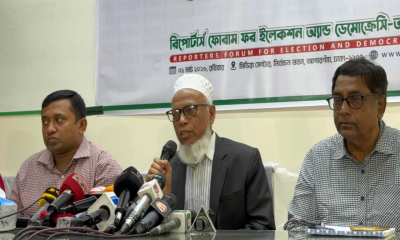
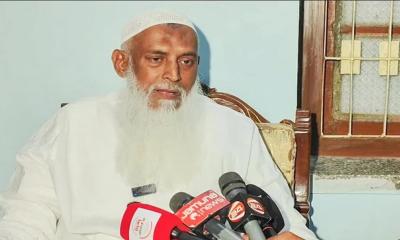
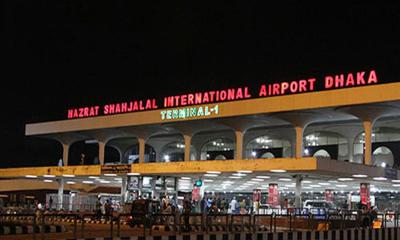





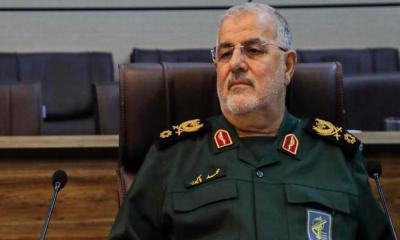
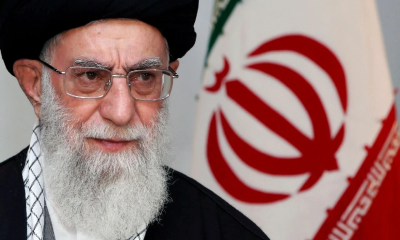
-20260301064029.webp)
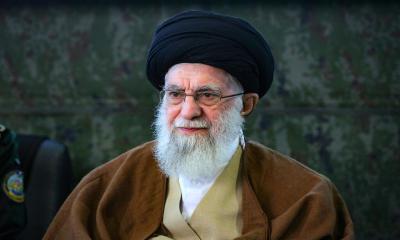
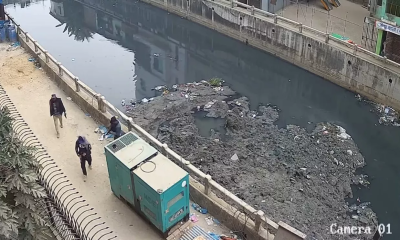

-20260228080513.webp)
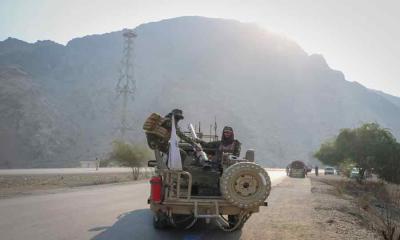
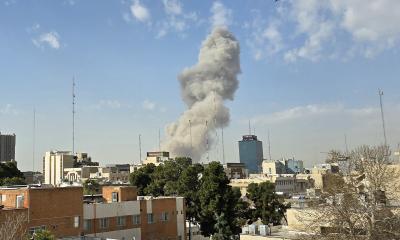
-20260228064648.jpg)




-20260224075258.webp)





-20260225072312.webp)


